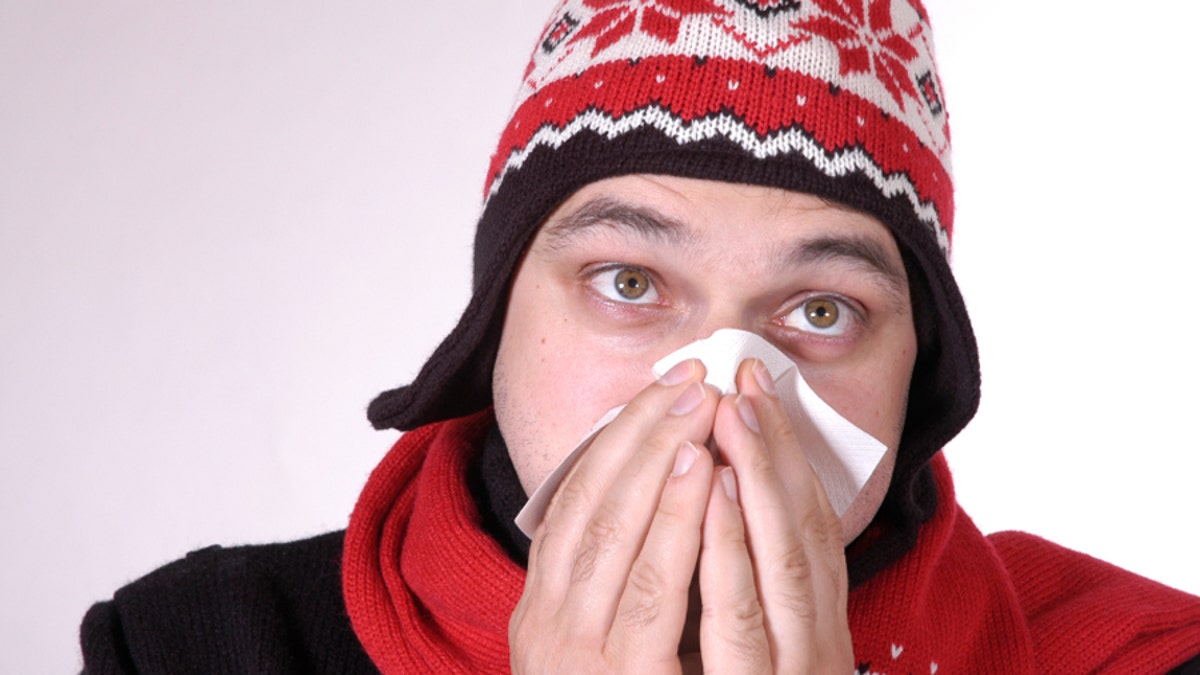
(iStock)
There is a distinct possibility that holidays may not bring all cheer, especially if you or family members have allergies and/or asthma.
Exposure to scented candles, incense, potpourri, air fresheners, “fireplace” smoke and even strong cologne or perfume may trigger a respiratory or allergic reaction if you are indeed sensitive to these environmental triggers.
Traveling during the holidays can also be stressful, so it is absolutely essential to plan ahead if you have a family member with asthma, food allergies and other indoor allergies. Don’t forget to bring your regular and “as needed” medications when traveling, especially when this time of year is synonymous for delays in airports.
Never pack your essential medications in the luggage. Always keep them on hand. Have a letter for the TSA from your health care provider if you have to carry an epinephrine auto injector with you at all times.
You can even call ahead to an airline and inquire if they will be serving nuts, a leading cause of food allergies.
If you have indoor allergies and/or asthma it can be helpful to bring pillow and allergen-proof mattress covers to use when visiting family or staying at a hotel during your holiday. Don’t forget to inquire if the hotel has allergy friendly “green” rooms available, which may be a good idea if you have asthma or indoor allergies.
Further, both live, as well as artificial, Christmas trees, garlands and wreaths can trigger allergy symptoms. Chemicals sprayed on Christmas trees designed to preserve the life of a tree that may irritate those with allergies, sinus problems or asthma. Mold spores frequently become a problem within days of bringing a live tree into a home, especially if you have indoor allergies.
Many ask if it better to have a live fresh tree or an artificial one? The answer all depends. In either case, if you store your ornaments from year to year then make sure they are properly covered during the “off season” to prevent accumulated dust, molds, and other irritants/allergens that can spike a host of symptoms, in sensitive individuals.
Fake “snow” sprays to create the holiday atmosphere can contain volatile compounds that are often irritating to nasal passages and respiratory airways in the lung, especially without proper ventilation.
Remember to be a label detective and ask questions when it comes to eating at the Thanksgiving and Christmas table, especially foods such as gravies, sauces, soups, puddings and other foods that may contain unexpected food allergens. Communication is the key component to a safe holiday meal for food allergic guests. In some cases, it is prudent to have your guests bring their own food allergy-safe meal and snacks.
Stay aware and plan ahead to be safe and enjoy Thanksgiving, and the holiday season this year. For more valuable holiday allergy friendly tips, click here.
Dr. Clifford W. Bassett is an assistant clinical professor of medicine at the Long Island College Hospital and on the faculty of NYU School of Medicine. He is the medical director of Allergy and Asthma Care of NY. No information in this blog is intended as medical advice to any reader or intended to diagnose or treat any medical condition.
